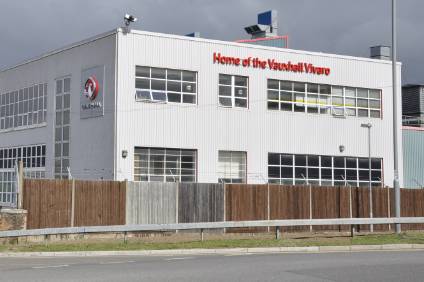Stellantis, the owner of the Vauxhall brand in the UK, has officially announced the closure of its Luton van-making plant in April. This decision comes after a period of consultation with the workers’ labour union, Unite, and marks the end of over a century of vehicle production at the site.
The closure was initially announced by Stellantis in November 2024, prompting UK Business Secretary Jonathan Reynolds to urge the company to reconsider. Reynolds requested a “pause” in redundancies to allow for further discussions on potential alternatives to keep the plant operational.
Following the closure of the Luton plant, machinery from the site will be relocated to Stellantis’ Ellesmere Port facility on Merseyside. Production of Vauxhall’s medium all-electric vans is set to begin at the Ellesmere Port plant in 2026.
This move is part of Stellantis’ strategy to focus on electric vehicle production in the UK and transform the Ellesmere Port plant into a hub for electric van manufacturing. In response to the closure, Luton Council Labour leader Hazel Simmons expressed sadness and concern for the impact on the town and its residents.
Reynolds affirmed that the UK government will continue to collaborate with Stellantis, trade unions, and the local council to support the affected employees and community. Stellantis has assured that employees facing job losses will receive financial assistance, retraining opportunities, and wellness sessions to aid in their transition.
Despite the appeals for reconsideration, Stellantis remains committed to investing £50 million in the Ellesmere Port plant as it becomes the company’s UK commercial vehicle hub. The company emphasized its dedication to acting responsibly towards the employees in Luton and ensuring their best interests are taken into account during this transition period.
The closure of the Luton plant signifies a significant shift in Stellantis’ operations and underscores the evolving landscape of the automotive industry towards electric vehicle production. As the company navigates these changes, it remains focused on supporting its workforce and communities impacted by these decisions.







